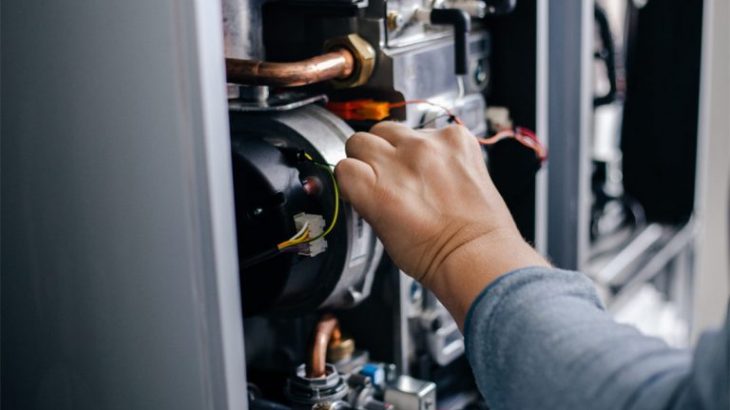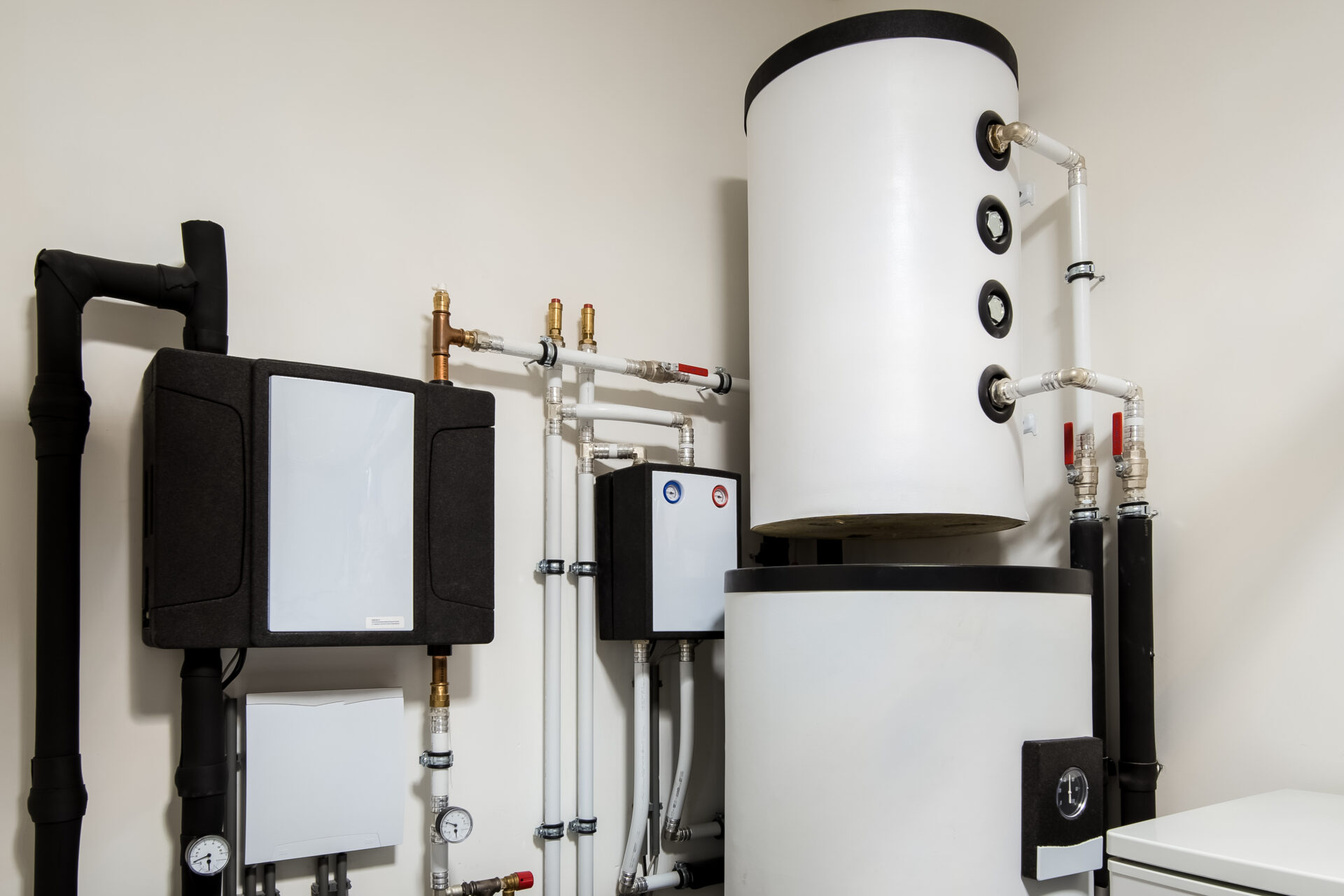
Space heating is a significant energy user in most households. Although it varies by region, heating accounts for more than 40% of the utility bill in a typical U.S. home, according to the Department of Energy. Every autumn, homeowners across the country wonder whether it is time to replace their old heating unit. After all, a new heating system offers increased efficiency and performance, saving money on winter heating costs and improving home comfort.
A new heating system is a substantial investment however, and requires careful consideration. Certain telltale signs indicate that it may be time to replace your current unit, including the following:
- Your furnace or boiler is more than 15 years old.
- Your equipment needs frequent repairs and your energy bills are going up.
- Your heating system is too noisy.
- Some rooms in your home are too hot or too cold.
- Your home has humidity problems or excessive dust.
Once you have made the decision to invest in a new heating system, there are number of things to consider, including finding the right contractor, choosing the right system (for example, a furnace or heat pump), and properly sizing your system for maximum performance and efficiency.
Types of Heating Systems
Commonly used whole-house heating systems include furnaces and heat pumps, as well as radiant heating and electric baseboard heating.
- Furnaces. The majority of U.S. homes are heated with forced-air furnaces fueled by natural gas, although homes in some parts of the country use heating oil or propane units. Older gas furnaces have efficiency ratings ranging from 68% to 83%, while newer, high-performance models have efficiencies of 90% to 97%.
- Heat Pumps. Heat Pumps. Heat pumps offer an energy-efficient alternative to furnaces and air-conditioners. Heat pumps use electric power to move heat from an outside source into your warm home and, conversely, heat pumps move heat outdoors to cool your house in the warmer months. Because they move heat rather than generate heat, heat pumps can provide up to four times the amount of energy they consume. Air-source and geothermal (ground-source) heat pumps are available. Geothermal units are more efficient, but they are more expensive to install. For homes in the north, the Cold Climate Air Source Heat Pump (ccASHP) Specification is a good source to find units that are best suited to heat efficiently in colder climates.
- Radiant Heating. Radiant heating systems involve supplying heat directly to the floor or to panels in the wall or ceiling of a house. Radiant floors or panels are heated with built-in electric cables or tubes that carry heated water. Radiant heating is usually more efficient than forced-air heating because no energy is lost through ducts. Also, the lack of moving air can make it easier on people with allergies.
- Electric Baseboard. Electric baseboard heaters are zonal heaters controlled by thermostats located within each room. Baseboard heaters contain electrical heating elements inside pipes, which are surrounded by aluminum fins. As air within the heater is warmed, it rises into the room, and cooler is drawn into the bottom of the heater. Baseboard units vary in widely quality; look for models certified by the Underwriters Laboratory (UL) or the National Electrical Manufacturers Association (NEMA).
Which type of heating system is most effective for your home? The answer could depend on a number of factors, such as the local climate, and the size and age of your home. This guide can help you estimate the cost of operating different heating systems in your area.
Purchasing and Installing Your System
When selecting a heating system, make sure it is ENERGY STAR® qualified. ENERGY STAR is a joint program of the U.S. Department of Energy and the U.S. Environmental Protection Agency that tests and certifies energy-efficient equipment.
While efficiency is important, correctly sizing and installing your new system is critical to optimal performance. Ask friends or neighbors for contractor referrals and consult your local energy provider to find out what rebates and programs you may be eligible for through NHSaves. Your local energy providers (Eversource, Liberty Utilities, New Hampshire Electric Co-op, Until) will also be able to provide contractors who have been approved and are appropriately licensed and insured to work on projects through the NHSaves programs.
